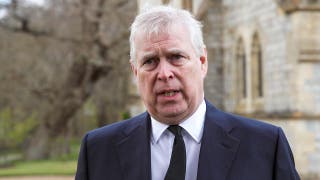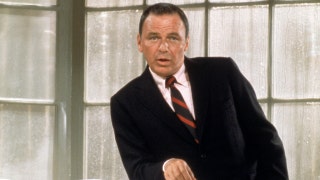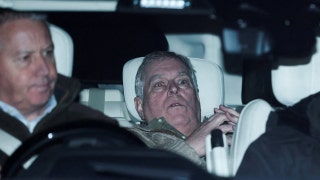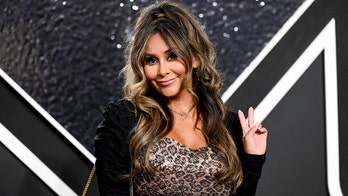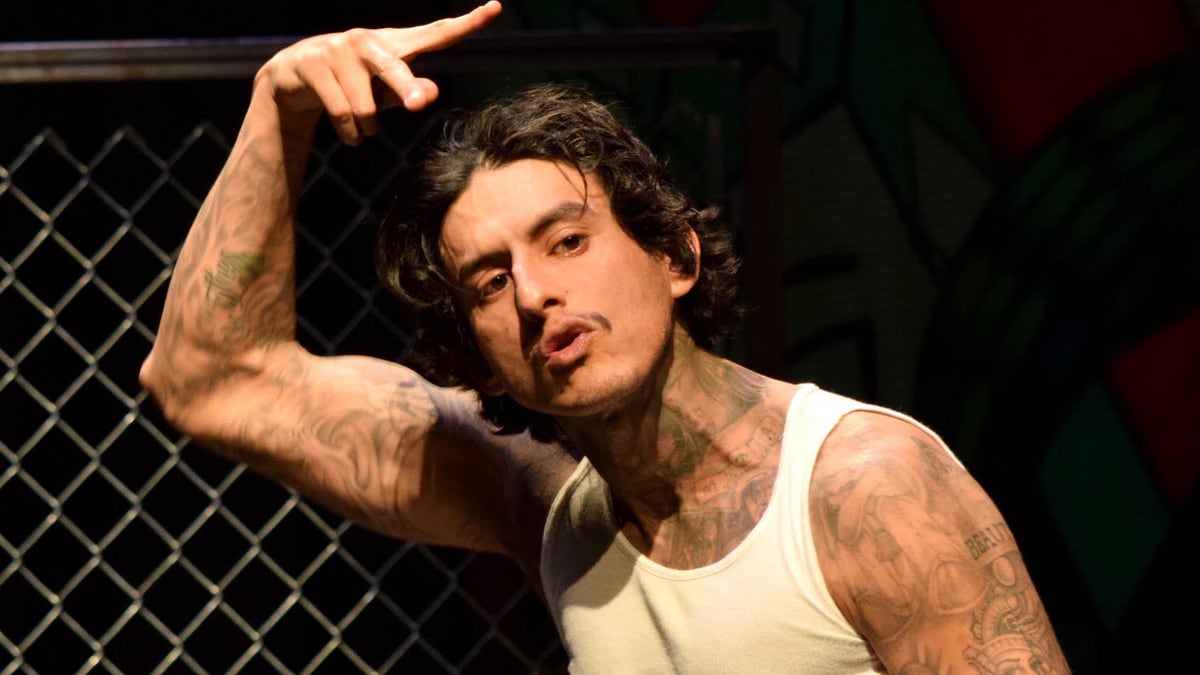
(Courtesy of Rosenthal Theater)
Los Angeles – For Richard Cabral, it seems art really does imitate life.
Though not exactly a household name, the 33-year-old actor was nominated for an Emmy last year for his role in the ABC drama “American Crime,” where he played a gang member caught in a drug-related murder.
Now, in his new autobiographical one-man show “Fighting Shadows,” Cabral gives the performance of a lifetime as he recounts the details of his not-too-distant-past as a gang banger.
“This show has been four years in the making,” Cabral told Fox News Latino after his opening night performance at The Rosenthal Theater at Inner-City Arts in Los Angeles. Co-written with the show’s director Robert Egan and produced by actress Jami Gertz, the piece, said Cabral, “changed my life, so I hope that it might possibly do that for others and be an inspiration.”
In the gripping 90-minute play, Cabral unleashes a beast of a performance that grabs you by the scruff of the neck, pulls you in close and doesn’t let go even after the last word is spoken and final note is played.
- Danny Trejo brings mother’s cooking into new taqueria
- ‘Hamilton’ returns to the (East) Room where it happens
- Lin-Manuel Miranda: Most rewarding part of ‘Hamilton’ success is inspiring students to dream
- Father and autistic son break 2.2M hearts with video captured during Coldplay concert
- Fun facts about ‘Orange is the New Black’ Latino Lineup
A mix of gritty poeticism, visual artistry and live acoustic music from Mexican balladeer Rocio Mendoza, “Fighting Shadows” doesn’t glamorize gangster life nor gloss over Cabral’s history of violent behavior. Rather, it’s a deeply personal story of despair and desperation, love and longing and, ultimately, hope and healing.
Cabral grew up in the city of Montebello, a mostly Latino working-class suburb about eight miles east of Downtown Los Angeles. Born into a family where gang life was an everyday reality, it wasn’t long before Cabral found himself on the same path. He was incarcerated at the age of 13 and spent the next 12 years involved in gangs and drugs, going in and out of prison.
“In society you are taught to belong,”Cabral said. “You have to belong to something. If you grow up on the good side of the tracks, you’re going to belong to something over there. If you grow up on the bad side of the tracks, you’re going to belong to something over there. It’s not rocket science. If we grow up in these communities where we have gangs, well, what do you think we’re going to belong to? That’s what happened to me and what’s still happening to hundreds of thousands of other individuals.”
Narrowly escaping a 35-year sentence (a twist of fate he recalls in his play), Cabral was released from prison at age 25. He was eager to get a job and get his life in order.
“After prison, I was hitting up everywhere from McDonalds and Wal-Mart to temp agencies, but I still couldn’t get anything because I had a [criminal] record and look the way I do” he said, pointing out his tattoo-covered neck and arms.
It was then, on the advice of “a former homie from my hood,” that Cabral went to see Father Greg Boyle, the Jesuit priest who, in 1988, founded Homeboy Industries, the largest and most
successful gang intervention and rehabilitation organization in the world. The Los Angeles-based center supports some 10,000 men and women each year with free services and programs ranging from tattoo removal to job training.
“Meeting Father Greg and seeing that love really does exist changed everything,” Cabral said. “And the fact that a stranger could give what you might not be able to get from your own family was just so powerful. If it wasn’t for Father Greg, I wouldn’t be here having this conversation. There was nobody who wanted to give me -- this young dude with tattoos and felonies -- a chance. But this man did. He was able to see past my past.”
Cabral realized that getting a job as a baker was far more than just an occupation -- it was the beginning of his transformation.
“Homeboy Industries is a healing center for broken children. I was a broken child and they showed me how to put all those pieces back together. It’s not about being a gangster. It’s about being a man or a woman trying to recover and live better. ”
While working as a baker at Homeboy Industries, Cabral was discovered by the producers of NBC’s “Southland” and got his first acting gig – something that allowed him to express the creativity he never had a chance to nurture.
“I always had a sense of being artistic but it was numbed down," he said. "I didn’t really know what it was and I didn’t have anybody to talk to or help mold it. In the barrio you’re not groomed to be an artist.”
Cabral's artistic authenticity is evident in the TV and movie characters he plays, but it's his real-life role that he takes most seriously.
“When I go into these institutions or I go out to talk to these kids, I don’t say ‘you guys.’ It’s not a ‘they’ thing. It’s me, it’s us," he said. "It’s a ‘we’ thing because I have suffered just like they do. I’m not some guy who got his education in college to learn about this stuff. I’m a person from the inside who knows what it’s like and understands the real feelings.”
As for what’s next, Cabral will return for a second season of “American Crime” and is set to appear in “Blood Father,” an action thriller starring Mel Gibson. Though he’s focused on “Fighting Shadows” and continuing his community outreach, one can’t help but wonder if
Cabral ever takes a moment to reflect on how he’s gone from doing time with cellmates to reading lines with celebrities.
“It’s smoke and mirrors," Cabral said. "I’m blessed to do what I love but the Hollywood thing isn’t…. For me, it’s not that I can recite lines or put on a one-man show. It’s about healing. I’m just going to keep sharing a message of hope and love.”
FIGHTING SHADOWS runs through Sunday, May 8 at the Rosenthal Theater at Inner City Arts, 720 Kohler Street in Los Angeles, CA 90021.A portion of the proceeds benefits Homeboy Industries. For more information, visit fightingshadowstheplay.com





